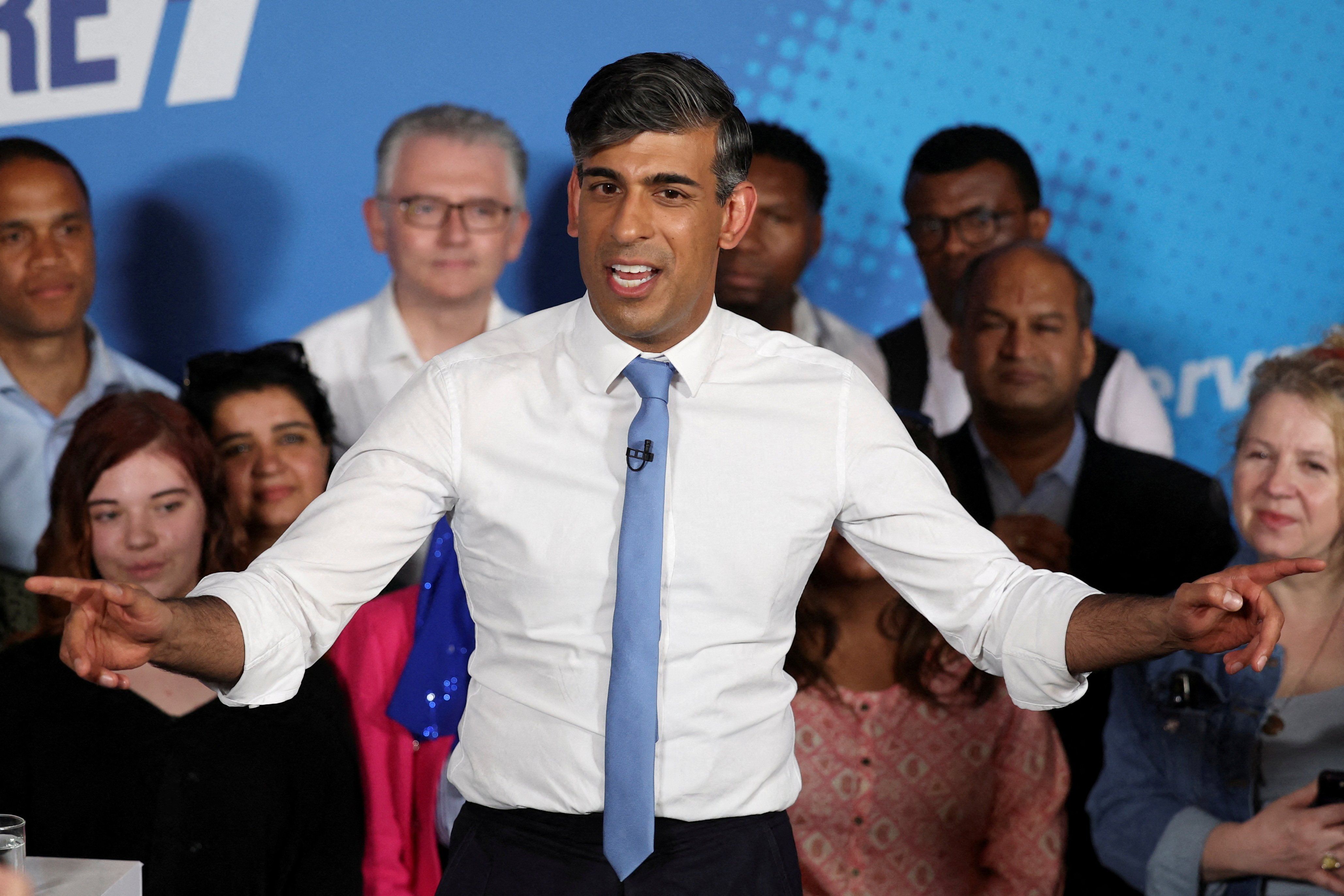Hard Numbers: Sunak shows up, Indonesia busts cyber racket, US sentences drug-trafficking ally, West Africa puts a price on security
50-50: British PM Rishi Sunak may be on the ropes these days — his polling numbers are in the gutter, his party is engulfed in a betting scandal, and he even got roasted by Menswear guy. But in his debate against Labour leader Keir Starmer this week, he managed to perform well enough (hammering Starmer for having no real plan for “change”) that straw polls showed a 50-50 tie. Still, with Labour ahead by double digits going into the July 4 election, Sunak’s days are numbered.
103: Indonesian authorities arrested 103 foreign nationals suspected of being part of a cybercrime syndicate on the island of Bali. The suspects – who included citizens of Taiwan, China, and Malaysia – had reportedly been abusing their residence permits as well. Indonesia’s rapidly growing e-commerce and tech scene has made the nation particularly vulnerable to cybercrime: It ranks eighth among Asia-Pacific nations when it comes to cyber security.
45: A US judge has sentenced the former president of Honduras, Juan Orlando Hernández, to a whopping 45 years in jail on drug trafficking charges. Hernández, 55, was convicted of accepting millions in bribes to conceal cocaine shipments to the US during his time as president from 2014 to 2022. The irony? He was publicly working with Washington in the War on Drugs.
2.6 billion: What’s it gonna cost to protect West Africa from terrorism and coups? $2.6 billion a year, according to ECOWAS, a regional bloc. Meeting in the Nigerian capital of Abuja, the organization said it would need a 5,000-strong force to help keep order in a part of Africa that is suffering rising jihadist violence which has contributed to a rash of coups.
